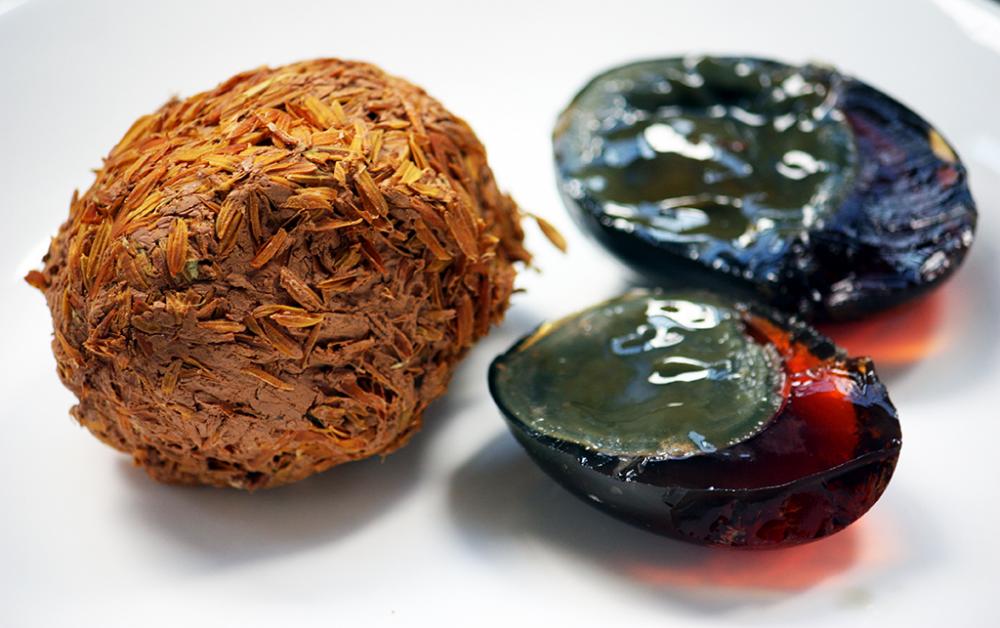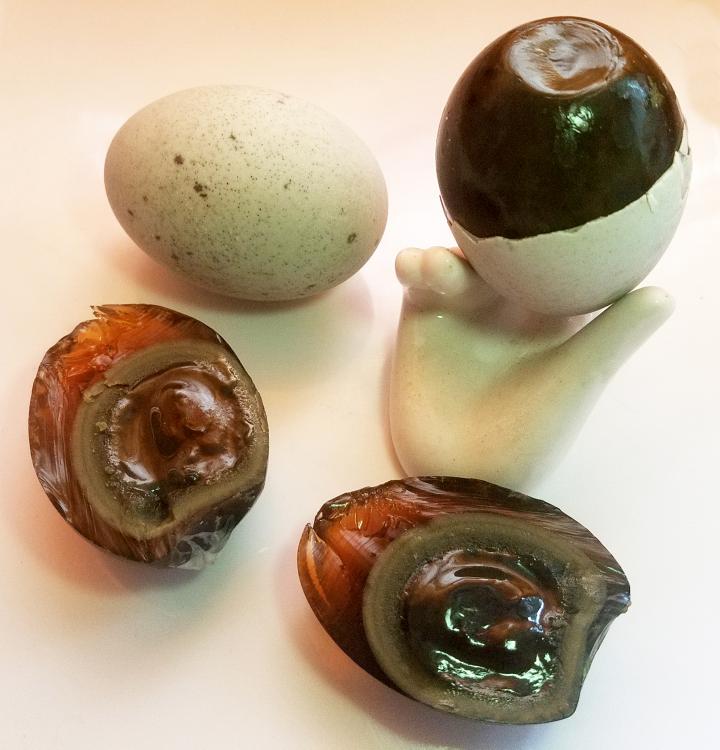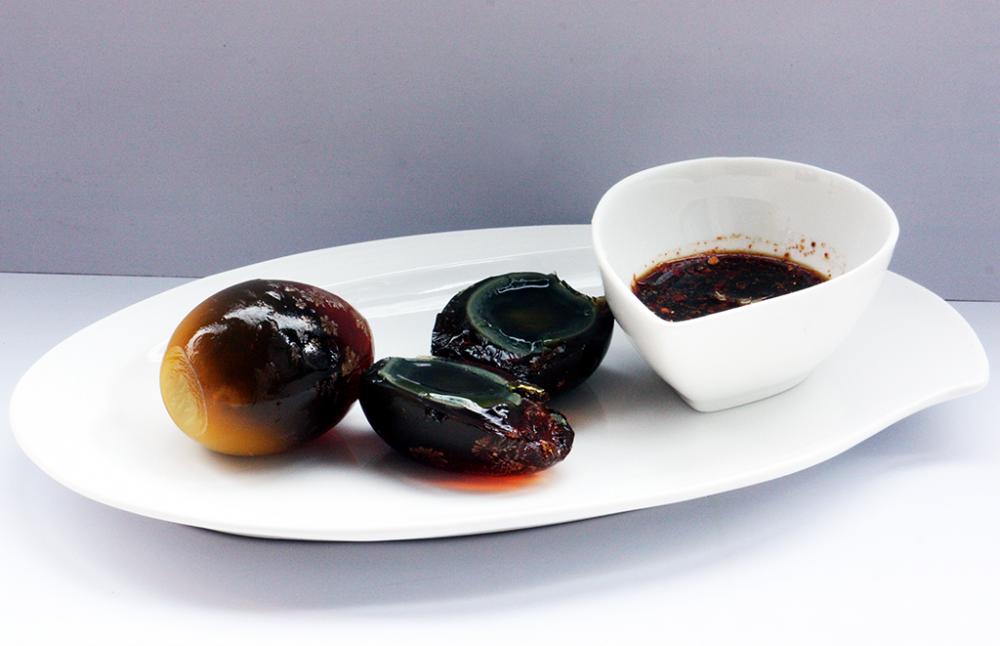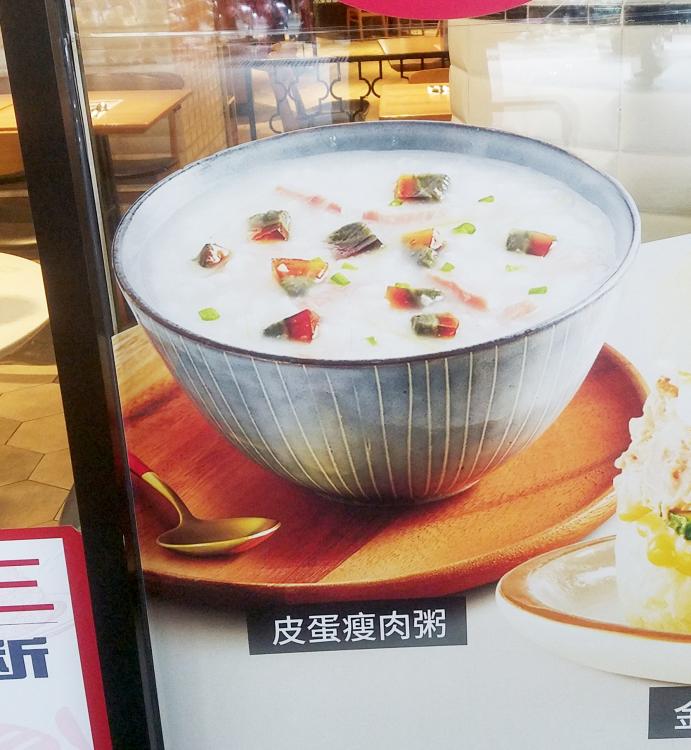16. Horsing Around With Eggs
I read this on the interwebs
"Thousand-year-old eggs, a Guangdong delicacy, are made from duck eggs coated with lime, ashes and mud and soaked in horse urine for 100 days until the yolks turns green and the whites become gelatinous and dark brown."
Horse urine? Horseshit more like!
a) They are not from Guangdong. Tradition has it that they were invented accidentally in Hunan, but no one really knows. They are avalable all over China.
b) No horse urine is involved in any way.
Known as 皮蛋 (Mandarin: pí dàn; Cantonese: pei4 daan6*2); hundred-year-old eggs, thousand-year-old eggs, millennium eggs, skin eggs, black eggs, etc, the eggs (duck or chicken- less often quail) are preserved by coating them in a mixture of alkaline mud, quicklime and rice chaff and leaving them to cure for weeks or even months. Horse urine is not alkaline, so wouldn't even work if some joker tried to use it.
The traditional method involves the mud, but in modern methods various chemicals are used to replicate the curing process. Neither method requires equine assistance.
There is a also a version known as 松花蛋 (Mandarin: sōng huā dàn; Cantonese: cung4 faa1 daan6*2), songhua eggs, pine flower eggs or pine-patterned eggs. They are prepared in the same way but are considered superior.
Songhua Eggs
The eggs are eaten as is, often with a chilli dip or a soy and vinegar dip.
Pidan with chilli dip.
They are commonly used alongside lean pork in congee (even Pizza Hut does their version).
Pizza Hut Pidan and Lean Pork Congee
They are often cut up and mixed with tofu in various dishes. They also appear in noodle soup dishes.
The eggs sometimes have a faint ammonia odour (which may be the source of the urine myth), but the taste is simply that of intense egginess. I like them a lot!
Here is a video which explains the science behind the eggs.






